Forgotten Child Syndrome: It Can Happen to Anyone, Yes, Anyone - Here’s How to Help Prevent It
No one thinks it’ll happen to them. But every year, it happens. Many of the heartbreaking cases of death and overheating from children left in hot cars occur not out of neglect, but because of an all-too-human lapse: a change in routine, a moment of forgetfulness, or a breakdown in communication between caregivers. And not just in summer months when the heat is at its peak - the first cases in the U.S. each year happen around March, when our mind does not yet register “it’s way too hot out.”
What is Forgotten Child Syndrome?
The danger of leaving children in the car and the disastrous repercussions (injury, death, and the psychological aftermath on the remaining family). And it can affect even the most attentive and cautious parents.
Here’s what you need to know, and the systems (like forgotten child alerts) you can put in place to help prevent a tragedy. Because, like much of parenting, it isn’t about one thing or one moment, but about a network of protections and precautions that help us on the daily.
Why the Risk Is Highest in Summer (But Not Only in Summer)
Hot car deaths peak during warmer months, but they can happen in any weather. Even on a 70°F day, a car’s interior can reach 100°F within 20 minutes. According to the NHTSA, a car’s interior can rise nearly 20 degrees in just 10 minutes. And heatstroke can occur, with a body temperature of 107°F proving fatal. A study at UCSD found that a child’s body temperature can reach 104°F after an hour in a vehicle in the sun or two hours in the shade, even on a mild day.
Kids and Car Safety - Overheating
According to studies, children’s bodies heat up 3 to 5 times faster than adults, and are less efficient with cooling mechanisms such as sweating, making them especially vulnerable. And since we’re used to clothing our children in adorable layers, often told that even in their early months they need one more item than we do, their insulation means they are even more susceptible to heating quickly.though always remember. And remember - the rule about car seats holds true in winter AND summer - heavy coats and outer layers OFF before getting into a car seat, please.
When Routine Changes, Risk Rises - Don’t Forget
Many cases of Forgotten Child Syndrome happen when a usual routine gives way to the unusual.
Even the best planning can go awry. If something is different - maybe a parent who doesn’t normally do daycare drop-off is taking over, a morning meeting causes a shift in timing, or an unexpected errand or surge of traffic throws us off.
Sleep deprivation, change in routine, and stress (status quo of exhausted parents to littles) can result in “false memory” or a sort of adjusted autopilot, which can allow what would seem impossible prior to happen.
When the brain goes into autopilot” or “recalculating mode,” it’s shockingly easy for even a loving, capable parent to forget a quiet or sleeping baby in the back seat. Even a tantruming baby can become background noise if our brains are preoccupied, whether with pre-work meeting stress, calculating time in traffic or balancing upcoming day’s logistics, or the simple in-the-zone of our usual drive which does not typically include an extra stop or our most precious cargo.

Prevention Starts With Simple Habits
babyark has multiple safety mechanisms to address each obstacle, because we believe in redundancies and connecting solutions. Use this same approach when it comes to building multiple tactics and support systems into helping ensure your baby does not get left behind.
Awareness and oversight are key, as is constructing layers of solutions.
Try these steps:
Always check the backseat
Make it a habit:
Park. Turn off the car. Look around. Open the back door. Check the backseat.
Put a reminder up front, and leave one in the back
-
Front to back - Put a picture of your baby close to your ignition so you see it when you turn off the car. Stick a pacifier on the passenger seat up front as a reminder.

-
Back to business - Place a bag, your phone or wallet, or even your left shoe in the backseat so you’re forced to look before leaving.
Use reminder apps or built-in tools
There are apps that alert you when you reach your destination without opening the back door. Some newer vehicles include backseat or “don’t forget your child” technology or reminders.
And babyark? App connection to the Smart seat and sensors provide critical alerts and real-time feedback, including Forgotten Child Alerts. Leave your child in the car seat and walk away? Your app will let you know.
Set up a check-in system
If more than one caregiver is involved, agree to text each other after drop-off. You can also ask your child’s daycare or caregiver to notify you if your child doesn’t arrive as expected.
Extra cautious? Set up another layer in the checklist, like an event on your schedule that pops up to remind you every day at typical drop-off times “Adam at school?”
Lock your car
Another tragic scenario: children climbing into unlocked or unsupervised cars - whether the car is theirs or someone else’s. Always lock your vehicle when not in use - and keep keys out of reach. And remind your kids to only get into a car with a chaperone, and with permission.
Layer Your Safety Systems
No single solution is enough. The more layers you have in place, the safer your child will likely be. That’s why babyark includes built-in smart sensors with real-time alerts to help prevent Forgotten Child Syndrome, and still encourages leveraging each and every safety system you can put in place.
Out of Sight? There’s Also Legal Oversight
In many states, it’s illegal to leave a child unattended in a vehicle, regardless of temperature. Leaving a child alone in a car, even for a short period, can lead to criminal charges.
The risks are real, and the laws reflect that. Even with air conditioning or the car on, a vehicle is not a safe place for a child, alone. Not even "just for a second."
If You See Something, Do Something
If you see a child alone in a car - don’t wait, and don’t hesitate.
See if the child is communicative, and assess the situation. Try and help them out. If need be, break them out or call 911. Be a good Samaritan. In many states, you’re protected by law when taking action to save a life, and you’ll certainly have the gratitude of any caretaker whose child you save from danger.
We’re All in This Together
Preventing hot car tragedies is something we can all help with. Stay alert, stay connected, and use every tool available.
Beat the Heat, with Alerts From your Seat
Want relief built right into your car seat’s base? babyark’s Forgotten Child Alert will notify your phone if you leave your baby buckled into the car. It’s one more layer of protection—backed by technology and designed with real life in mind.
Read more about babyark’s built-in smart technology and connected seat.
Read more about child safety on NHTSA’s safety page.
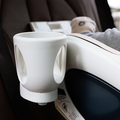
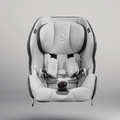
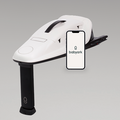
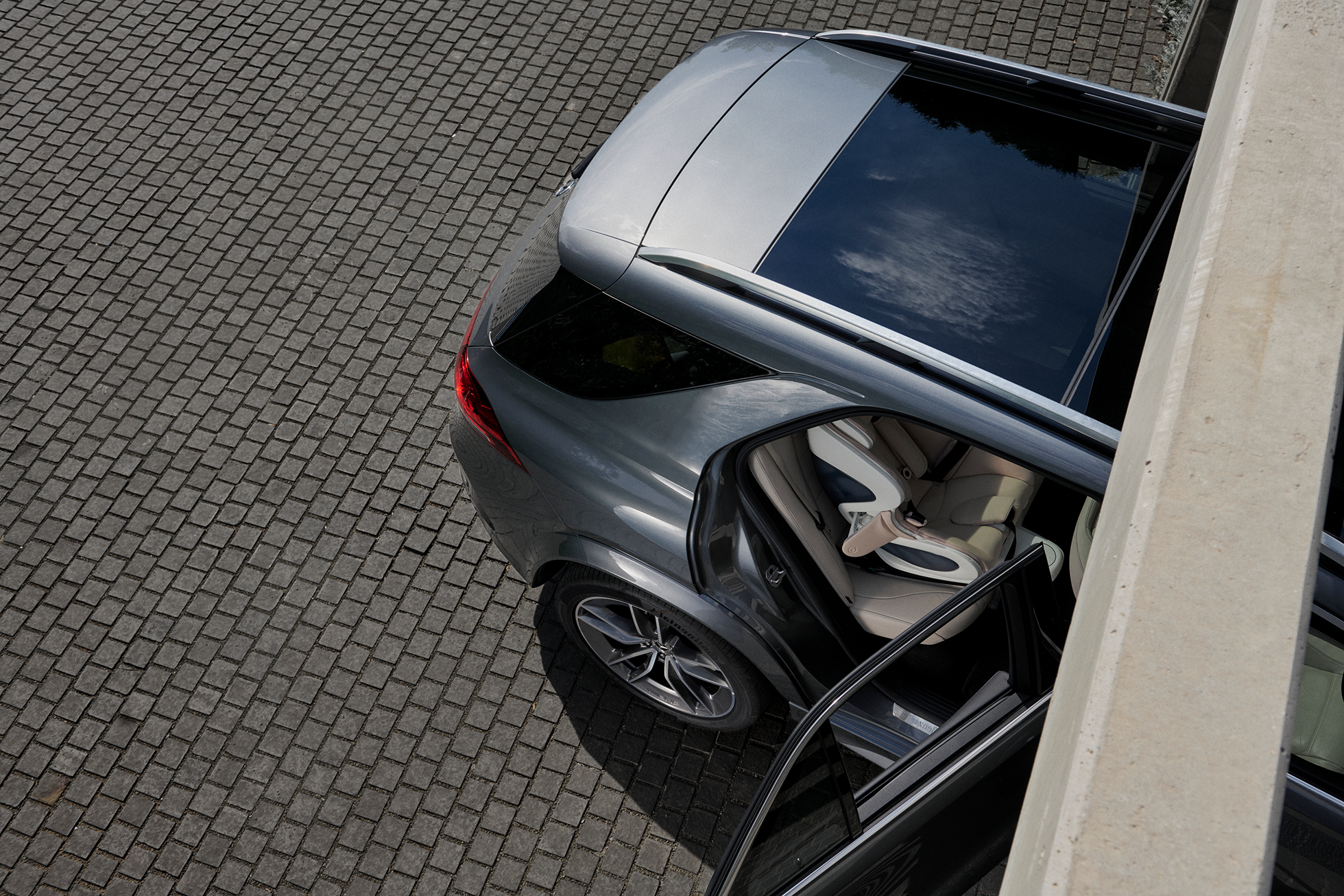
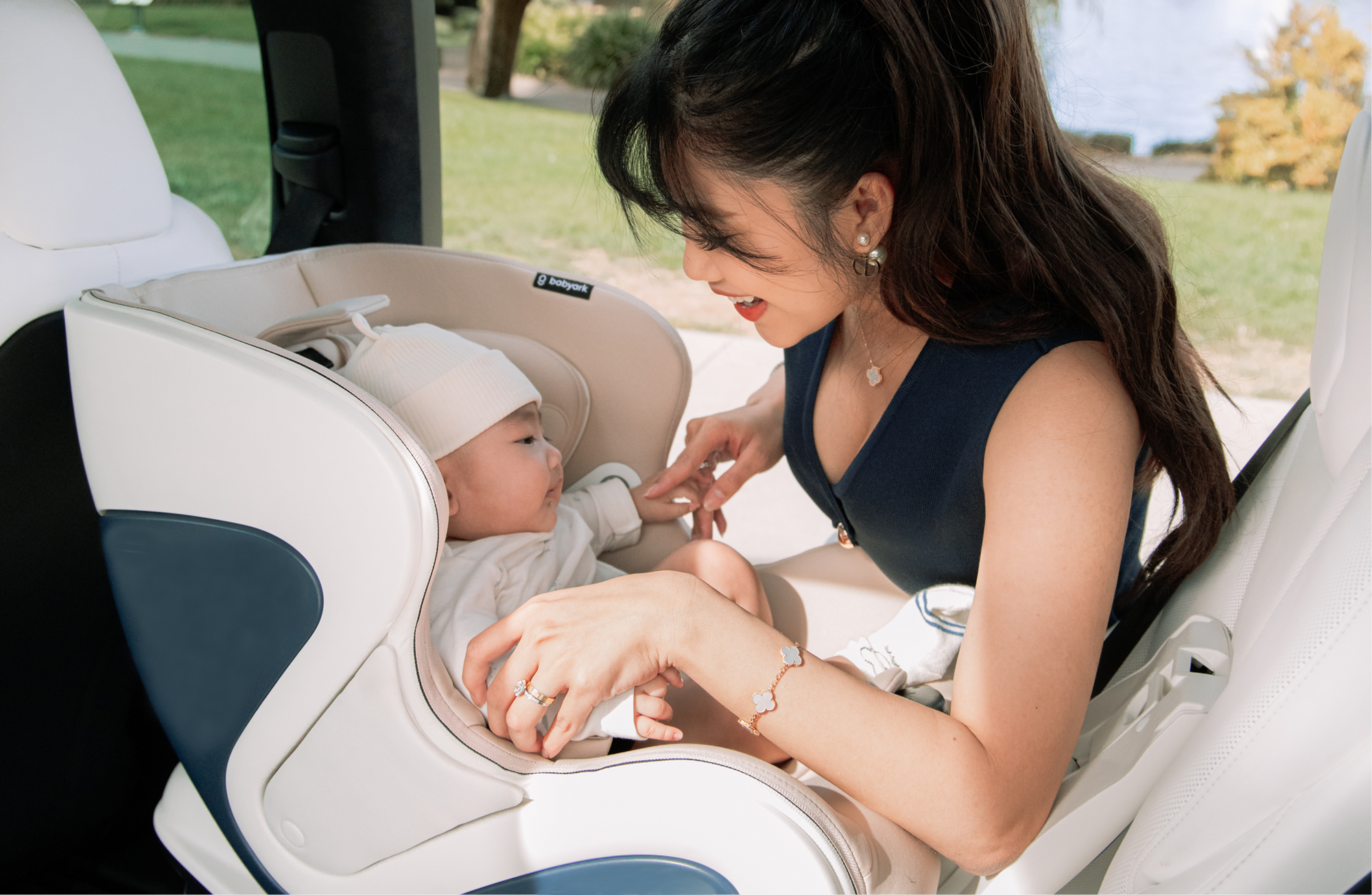
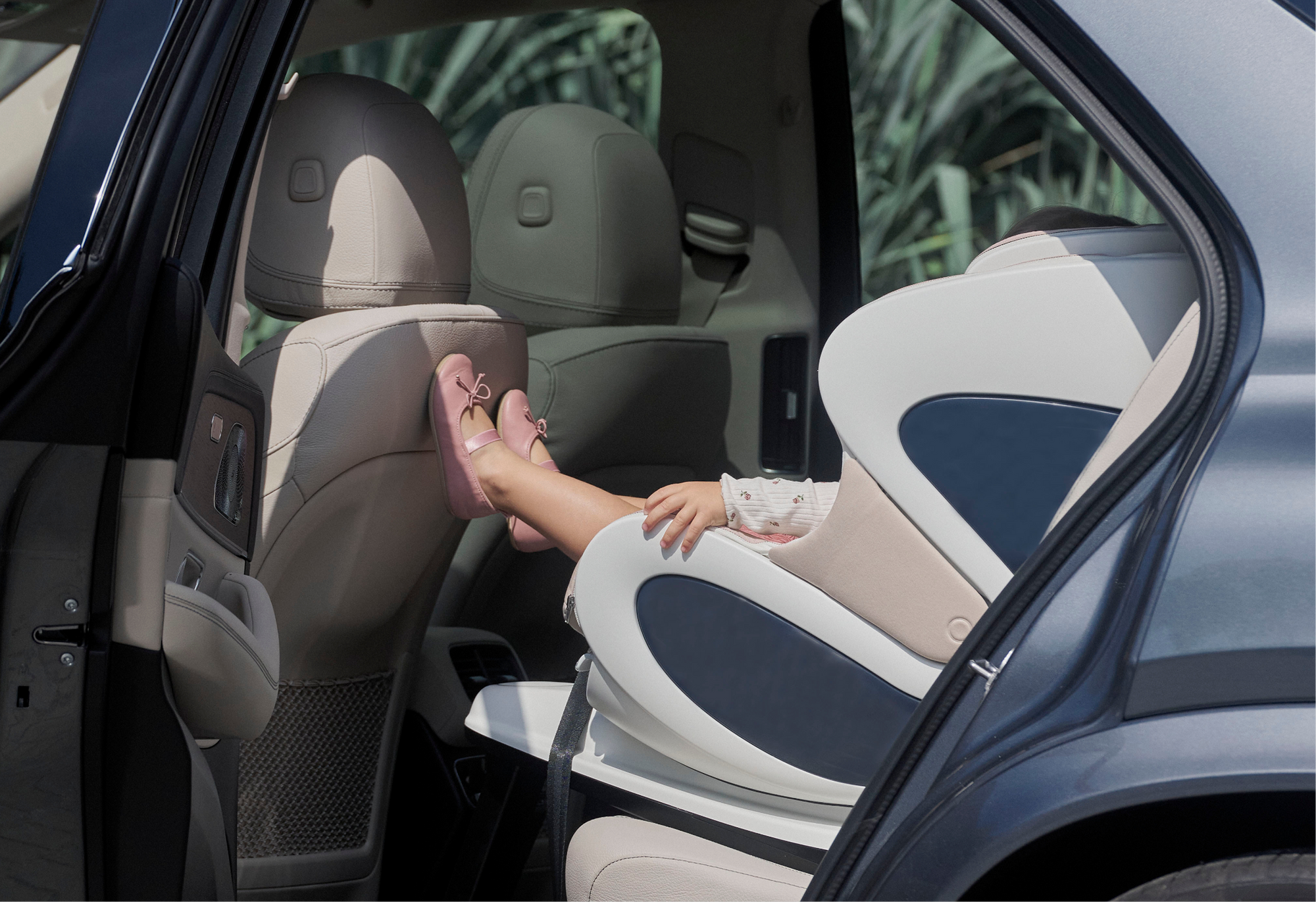
Comment
This is a very important article: It should be published in all social media. I work with young families and I live in Florida where it is very hot most of the year, especially now. Please, publish this content in social media. Thank you for thinking of this aspect of a baby and child’s life as Forgotten Child Syndrome has resulted in many deaths in the U.S.